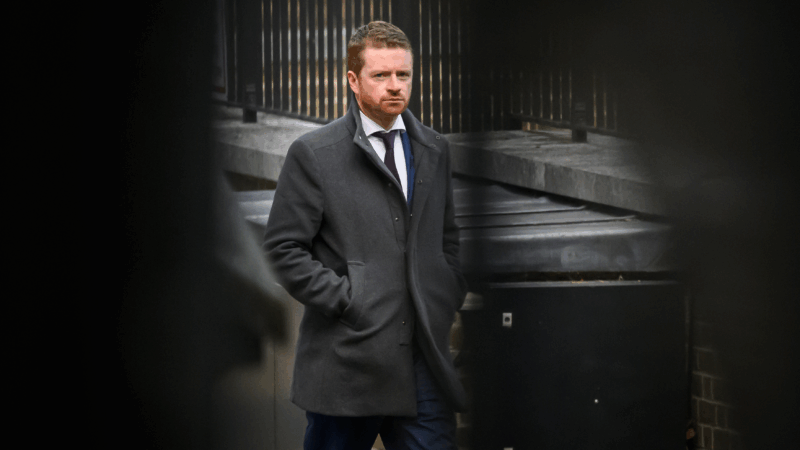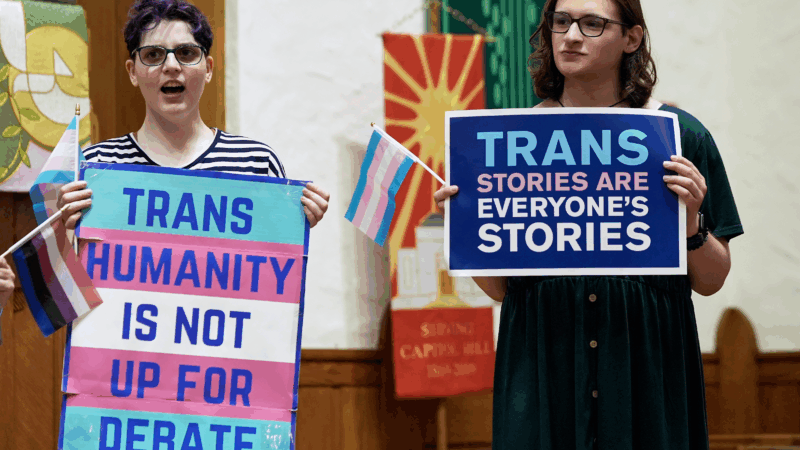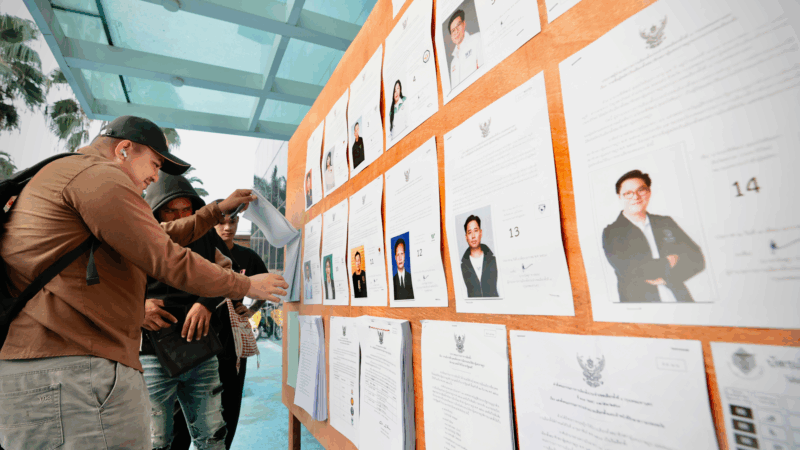Run For Their Lives, the group targeted in the Colorado attack, is figuring out how to continue its mission
The violent attack in Boulder over the weekend targeted a group that aims to bring public attention to the hostages Hamas continues to hold in Gaza.
It’s called “Run for Their Lives.”
Now, the organization is figuring out how to continue its mission in the aftermath of the violence.
Federal agents said Mohamed Sabry Soliman told police after his arrest in a Boulder firebombing that he planned his attack for a year, would do it again if he could and “wished they all were dead.”
According to a federal criminal complaint filed Monday morning, Soliman, 45, threw two lit Molotov cocktails at the gathering near the Boulder courthouse, yelling “Free Palestine!”
Run for Their Lives founder Shany Klein is horrified by the attack on those who were, she says, simply walking in order to keep those in captivity in Gaza from being forgotten.
“It’s an apolitical initiative and it’s very important to emphasize and that we are only walking to be connected and to remember our values as human beings.”
Those values include mutual respect, freedom and dignity. The organization now has about 230 groups that meet around the U-S and across the world to walk or run to draw attention to hostages Hamas has held since Oct 7, 2023. Despite Sunday’s attack, Klein says the group will continue to hold public events.
“Our first priority is the safety of our members. And it’s not that that we’re not worried going forward. But we believe that we have to keep in mind that there are people there, innocent people in captivity.”
Klein says safety has always been a top priority for Run for Their Lives.
“Since the very beginning it was part of our onboarding. Please make the decision. Go where it’s safe for you, and if you feel unsafe, don’t walk.”
Given the attack, she knows many others will choose not to walk in the future. About 20 percent of the group’s participants are non-Jews, but many view Sunday’s attack as rooted in anti-Jewish hatred.
“We really need to see this as a national wakeup call in terms of what is metastasizing in our society,” said Vlad Khaykin of the Simon Wiesenthal Center in Los Angeles.
“If you attack Jews who are protesting and calling for the release of their loved ones, other members of the Jewish community, and that is cause for you to enact violence against them. That is anti-Semitism. And it should be named clearly. And we should not equivocate on that.”
Khaykin says law enforcement and education are the best ways to curtail such violence and make clear anti-Jewish hatred is unacceptable.
U.K. leader’s chief of staff quits over hiring of Epstein friend as U.S. ambassador
British Prime Minister Keir Starmer's chief of staff resigned Sunday over the furor surrounding the appointment of Peter Mandelson as U.K. ambassador to the U.S. despite his ties to Jeffrey Epstein.
Trump administration lauds plastic surgeons’ statement on trans surgery for minors
A patient who came to regret the top surgery she got as a teen won a $2 million malpractice suit. Then, the American Society of Plastic Surgeons clarified its position that surgery is not recommended for transgender minors.
Sunday Puzzle: -IUM Pandemonium
NPR's Ayesha Rascoe plays the puzzle with KPBS listener Anthony Baio and Weekend Edition Puzzlemaster Will Shortz.
Thailand counts votes in early election with 3 main parties vying for power
Vote counting was underway in Thailand's early general election on Sunday, seen as a three-way race among competing visions of progressive, populist and old-fashioned patronage politics.
US ski star Lindsey Vonn crashes in Olympic downhill race
In an explosive crash near the top of the downhill course in Cortina, Vonn landed a jump perpendicular to the slope and tumbled to a stop shortly below.
For many U.S. Olympic athletes, Italy feels like home turf
Many spent their careers training on the mountains they'll be competing on at the Winter Games. Lindsey Vonn wanted to stage a comeback on these slopes and Jessie Diggins won her first World Cup there.








